Students share adoption success stories
April 2, 2013
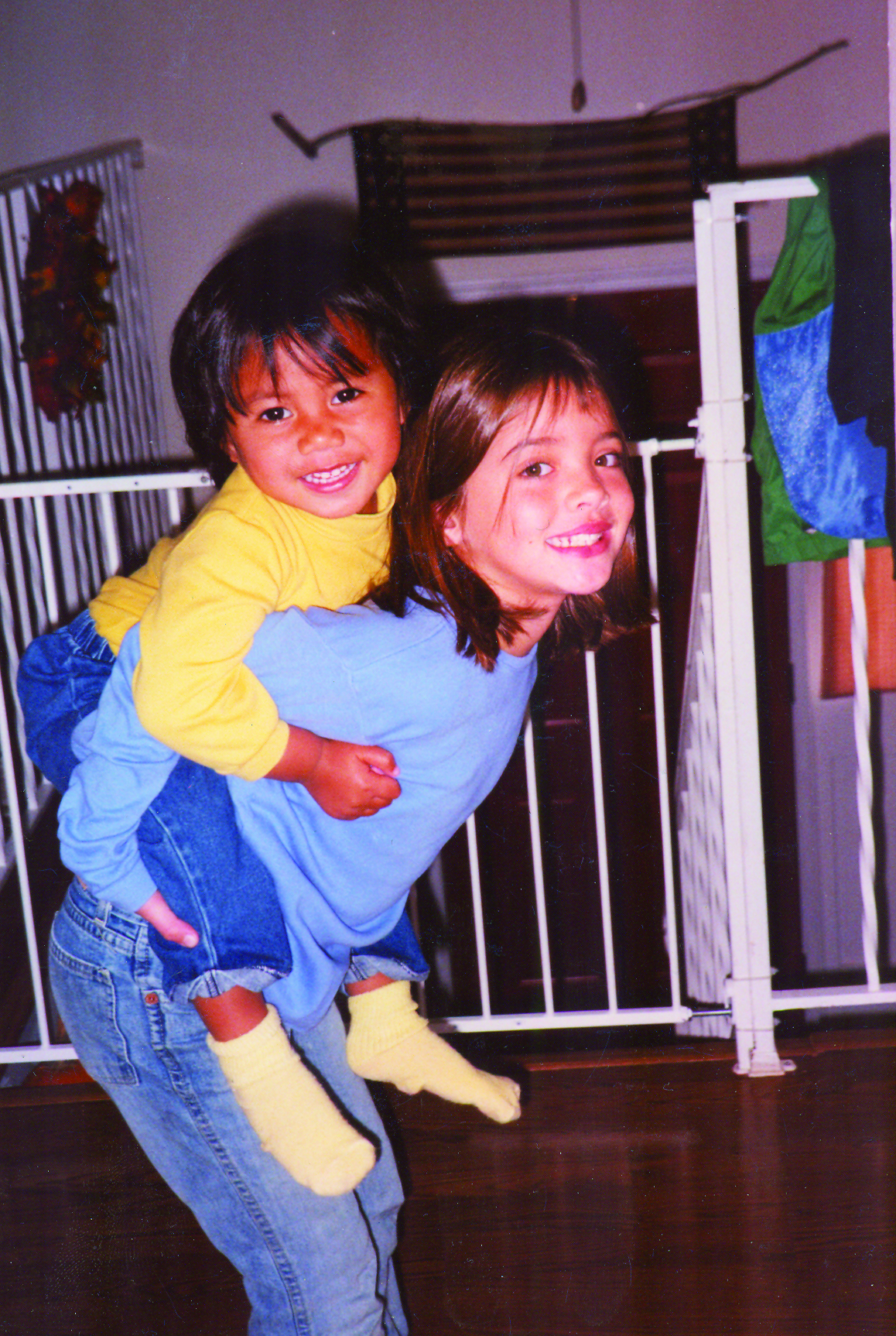
Choosing to adopt a child can change a life, bringing tremendous joy and happiness to a family and to a child in need. Senior Greer Blanchette was adopted at birth from San Antonio. She agrees that adoption was the best thing for her.
“My birth mother could have aborted me,” Blanchette said. “Now I have my entire life to look forward to. I’m no different; I just have a different story than everyone else. I still have parents that are there for me.”
Blanchette’s mother adopted because she could not have children due to health problems. Her parents later chose to adopt a child from Samoa, Blanchette’s younger sister. She says they are very open about it.
“We both know we’re adopted. We’re very comfortable talking about it, and it’s not awkward at all,” Blanchette said. “Personally, we don’t know any different. It’s just life to me.”
Senior Maeve St. Ledger’s parents adopted her at birth, but St. Ledger has ceased to wonder about her birth parents.
“I used to want to know [about my birth parents] when I was younger, but now I have this life,” St. Ledger said. “I don’t know when I found out I was adopted. I’ve always kind of known.”
St. Ledger’s two younger sisters, however, are not adopted.
“At that point in time, they weren’t sure if they could have kids or not, so they adopted me,” St. Ledger said. “But later they were blessed with my sisters.”
Although Blanchette consistently asked her parents for a sibling, she was not informed of her new sibling until her father returned from Samoa with her sister.
“I actually found out about my sister when she came home,” Blanchette said. “I walked out of my room and saw this little girl sitting on the couch. I was talking to my mom, and she told me to be quiet, not to wake my sister. I thought, ‘uhh, what?’”
Freshman Keion Lewis was adopted when he was 12 years old. He was born in Warrenton and has two biological sisters, who are older and currently living in other states. He agrees that adoption can be great for a child.
“Adoption is great because you might get the chance to meet a new family,” Lewis said. “The adoptive family might be better for you or put you in a better position.”
Lewis now lives with his parents, along with three adopted siblings. But not every adoption works out perfectly. Like raising any child, it comes with hardships and difficulties. Sometimes the adopted child wonders about the biological parents and why they gave the child up.
“Sometimes I think about my real family, and what it would be like if I was raised by them,” Lewis said. “I even think about if it would be easier on my adoptive family if I wasn’t there. I’m close with my current family. I trust them and can tell them anything. Being so comfortable with them really helps me a lot.”
Over 100,000 children are adopted each year and nearly 30,000 of them come from a foreign country and are adopted by parents of a different nationality. Adopting and raising a child from another country presents unique challenges.
“My sister’s adoption was way different,” Blanchette said. “My dad had to fly over to Western Samoa to adopt her, but he had to stay for two weeks because the paperwork wasn’t ready. He says my sister was living in basically a grass hut.”
Blanchette’s sister still retains some of the mannerisms ingrained within her during her short time living in Samoa.
“When my dad went to Samoa to get her, her foster parents were just holding her, sitting in a grass hut,” Blanchette said. “My parents told me right when she came home, my dad couldn’t put her down at all. They had to sleep with her on their chests. She’s still really attached to my mom – holding her hand and hugging her – and she’s 13.”
Lewis says despite the differences between every adoption, all adoptions are important.
“If you’re thinking about adopting, you should do it,” Lewis said. “It can give a kid a new life that is way better than the life they would have had.”

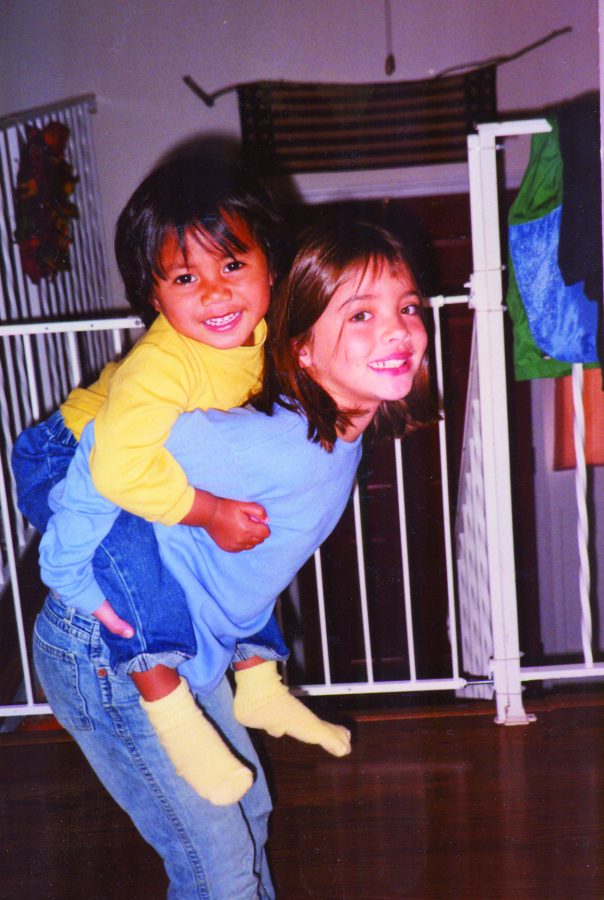
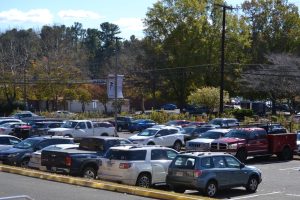

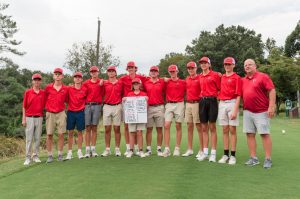
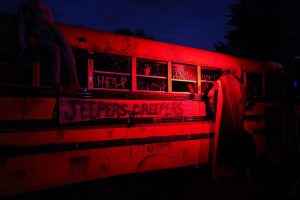
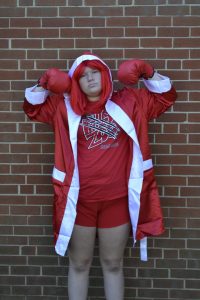

David • May 28, 2013 at 3:29 pm
The decision for giving up your child up for adoption is not an easy one to do. And after it’s done you hope you’ve made the right decision, but I know that I’ve wondered constantly about how my child was doing and wanting to meet her some day. Not to explain but to finally get to know her.